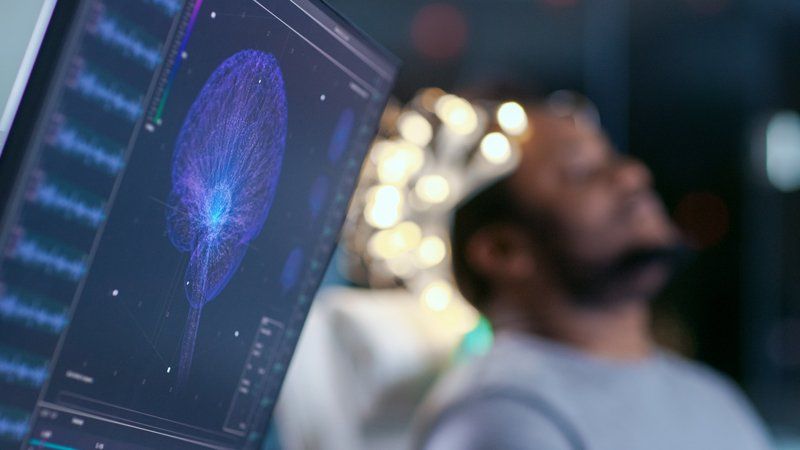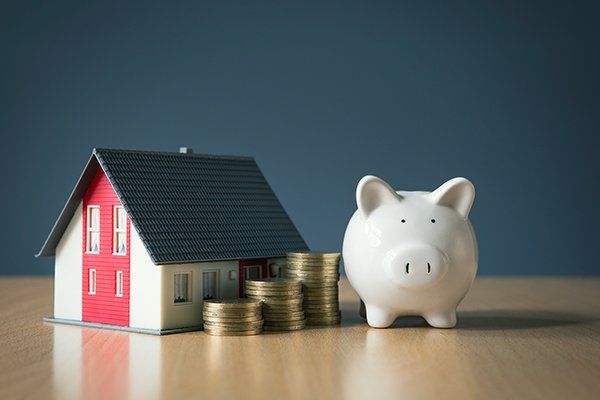Effects Of Depression | Redlands, CA | Meraki Financial & Insurance Service

The Effects of Depression on the Brain
What Is Depression?
Depression is a mood disorder that affects the way you think, feel, and behave. It causes feelings of sadness or hopelessness that can last anywhere from a few days to a few years. This is different than being upset about a minor setback or disappointment in your day.
Some people may experience mild depression only once in their lives, while others have several severe episodes over their lifetime. This more serious, long-lasting and intense form of depression is known as a major depressive disorder (MDD). It may also be referred to as clinical depression or major depression.
The symptoms of MDD significantly interfere with daily activities, such as school, work, and social events. They also impact mood and behavior as well as various physical functions, such as sleep and appetite. To be diagnosed with MDD, you must display five or more of the following symptoms at least once a day over the course of two weeks:
- persistent feelings of sadness and hopelessness
- lack of interest in doing most activities, including those you once enjoyed
- decrease or increase in appetite accompanied by extreme weight loss or weight gain
- sleeping too much or too little
- restlessness
- fatigue
- excessive or inappropriate feelings of guilt or worthlessness
- difficulty making decisions, thinking, and/or concentrating
- multiple thoughts of death or suicide
- a suicide attempt
People of any age may develop MDD, but the average age of onset is 32. According to the Depression and Bipolar Support Alliance, approximately 14.8 million American adults, or 6.7 percent of the United States population over age 18, are affected by MDD every year. The disorder also occurs in about one in 33 children and one in eight teens. In both children and adults, MDD may be treated with psychological counseling, antidepressant medication, or a combination of both therapies.
Researchers don’t know exactly why some people develop MDD, but they believe the following factors may play a role:
- genetics: It appears that people with a family history of MDD are more likely to develop the disorder than others.
- stress: A stressful life event, such a divorce or death of a loved one, can trigger an episode of MDD.
- biochemical reactions: Chemicals in the brains of people with MDD seem to function differently than those in the brains of those without he disorder.
- hormone imbalances: Changes in the balance of hormones may trigger MDD in certain people, especially during menopause or during and after pregnancy.







